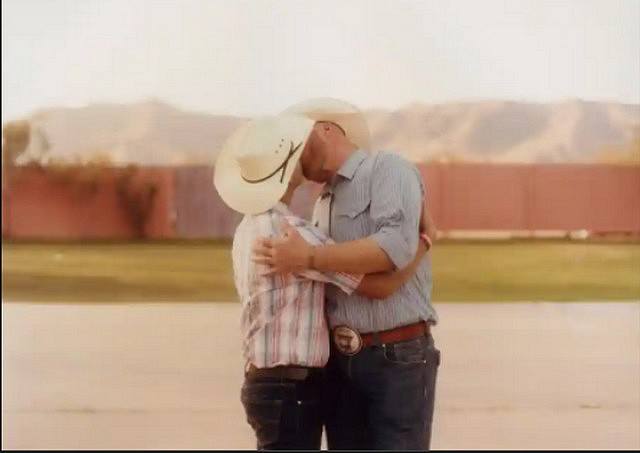In the heart of the English countryside, Will Woodhall struggles to be positive, even as several tons of his organic beets, worth more than $115,000, rot on his farm for lack of European buyers after Brexit.
“It’s really a shame, so much effort for this,” laments the 35-year-old farmer, pointing to a 4.5-meter-high mound of rotting vegetables from October.
“I have never been left without selling a crop of this magnitude before. Obviously this impacts our business. We hope we can digest it and I try to be positive,” he told AFP.
Woodhall beet is one of the victims of Brexit, since the bureaucracy linked to the British exit from the European Union complicated the export of products to the continent.
On his 770-hectare farm, Woodhall has been producing organic beets for almost a decade and exports almost half of his production to Europe.
At first, he thought that Brexit, in force since 2020, would have few consequences for his activity. But after an 11-month transition, the UK exited the customs union and the European common market, throwing traders into uncertainty.
Quickly, one of his European buyers broke a contract for the sale of hundreds of tons of beets and since then he has not placed an order.
“They said they didn’t want non-European products,” explains the English farmer.
Before, their buyers mixed their product with others from other European countries but now, after Brexit, they must separate them to distinguish them, which costs them time and money.
“It’s a lot of hassle, I can’t blame him,” admits Woodhall.
This producer, who usually sells his vegetables in winter after the autumn harvest, found himself with several tons of beets without a buyer, worth 90,000 pounds (117,000 dollars, 109,000 euros).
“It was quite a blow,” he sums up.
British Prime Minister Boris Johnson and other Brexit supporters promised that leaving the EU would free the UK from bureaucratic constraints and open up new markets for the country.
But many companies, like Will Woodhall’s farm, rely at least partially on trade with the mainland, and Brexit has made things that much more difficult for them.
“Now, we will only produce for the UK. There will be no more exports of our organic beets to the EU, which is a shame,” Woodhall laments.
To compensate, he plans to grow more spring onions, cereals, beans and peas with which to diversify a production destined for the domestic market.
“We have to move on,” says this farmer who, aware that British buyers can only replace a part of his European customers, is contemplating everything from hosting drone races to dedicating his land to luxury camping.
Despite everything, this farmer who in the 2016 referendum voted to remain in the EU is optimistic about the long-term possibilities linked to Brexit, provided that politicians keep their promises.
“I sincerely believe that in ten years, we will be better off outside, with Brexit, having our own market. But how many are going to go bankrupt until then?” he asks.
“And do we have the necessary support? I don’t know,” he stresses.
In the face of heavily subsidized agriculture in Europe, British government aid is “not up to the task” due to the small size of the sector.
Agriculture “is not worth as much (as other sectors), I suppose, but for thousands of people like me it is a way of life,” he says.
In the meantime, he has no choice but to let his beets rot.
“It breaks my heart. I come every day and look at the pile and, sometimes, I put my hands to my head,” he admits. “I really have to find something else.”
jj-acc / mb / zm
–
:quality(70)/cloudfront-us-east-1.images.arcpublishing.com/gruponacion/IL7NHAQXPNFMTOD6SV75RZWXJA.png)

